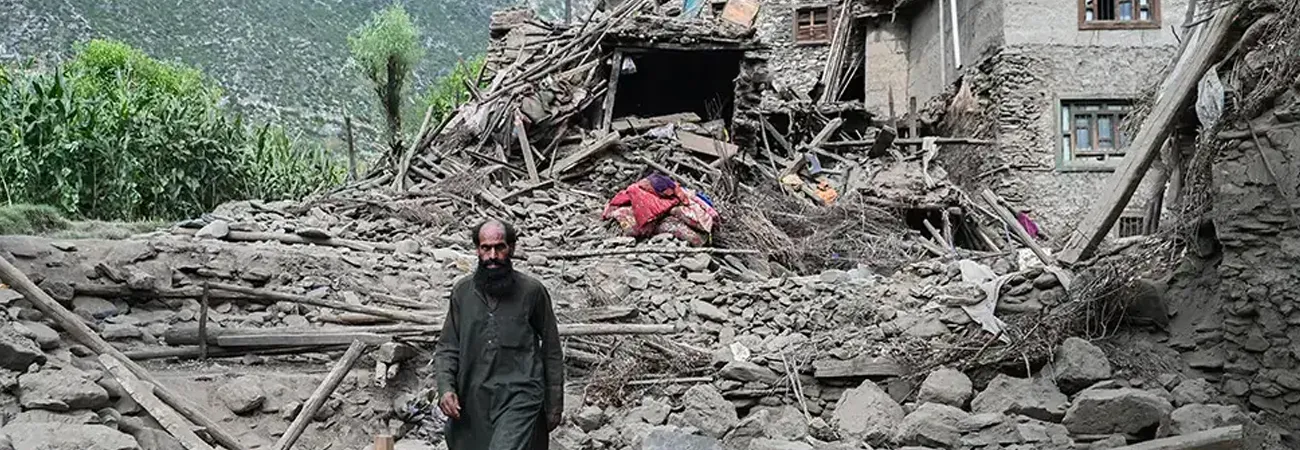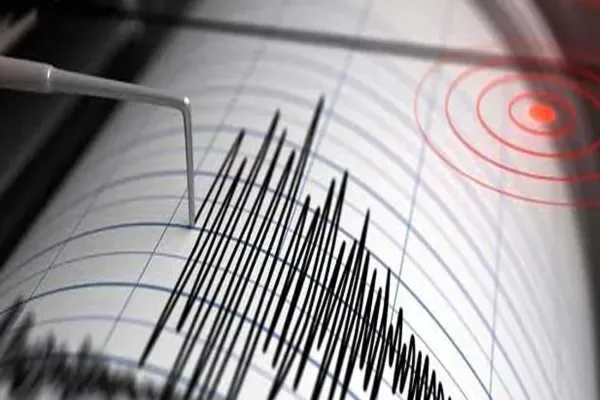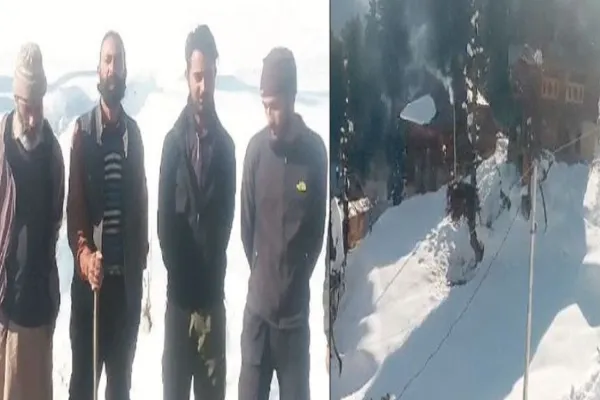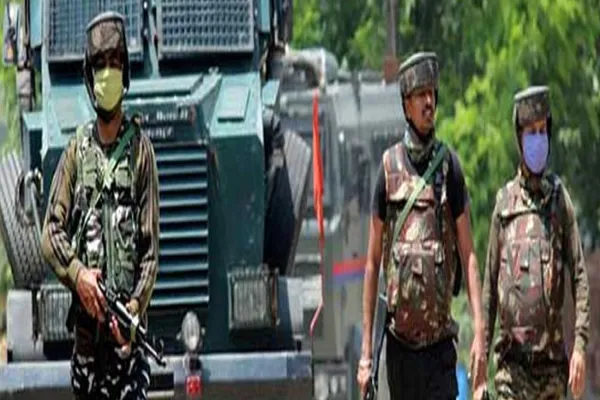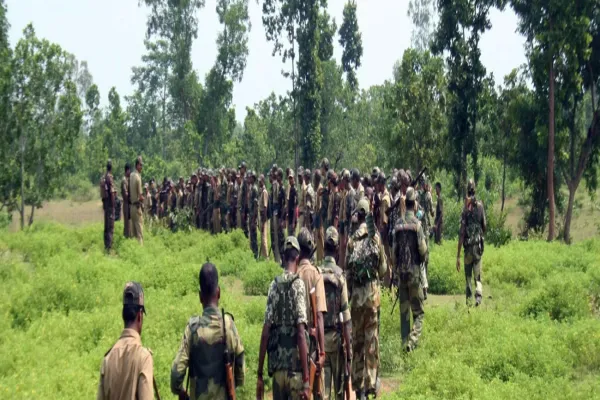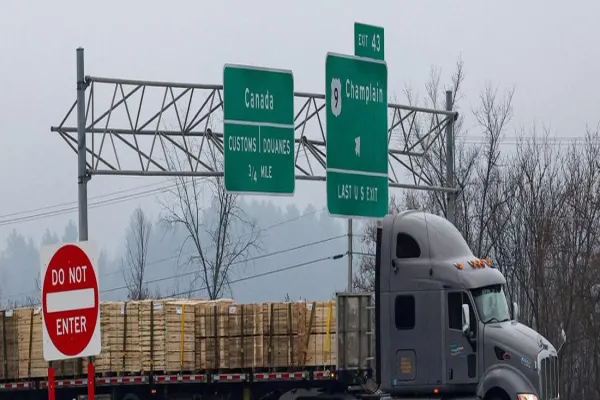i NEWS INTERNATIONAL
Rescue teams struggled to reach survivors days after a powerful earthquake in eastern Afghanistan left more than 1,400 people dead, as access to remote areas remained obstructed. A magnitude-6.0 shallow earthquake hit the mountainous region bordering Pakistan late Sunday, collapsing mud-brick homes on families as they slept. Fearful of the near-constant aftershocks, people huddled in the open or struggled to unearth those trapped under the heaps of flattened buildings.
The earthquake killed at least 1,469 people and injured more than 3,700, according to the latest toll from Taliban authorities, making it one of the deadliest in decades to hit the impoverished country. UN refugee chief Filippo Grandi said on X that the quake had "affected more than 500,000 people" in eastern Afghanistan. The vast majority of the casualties were in Kunar province, with a dozen dead and hundreds hurt in nearby Nangarhar and Laghman provinces.
Access remained difficult, as aftershocks caused rockfall, stymying access to already isolated villages and keeping families outdoors for fear of the remains of damaged homes collapsing on them. "Everyone is afraid and there are many aftershocks," Awrangzeeb Noori, 35, told from the village of Dara-i-Nur in Nangarhar province. "We spend all day and night in the field without shelter."
The non-governmental group Save the Children said one of its aid teams "had to walk for 20 kilometres (12 miles) to reach villages cut off by rock falls, carrying medical equipment on their backs with the help of community members". The World Health Organisation said Wednesday it was scaling up its emergency response to address the "immense" needs and that it required more resources in order to "prevent further losses".
WHO has appealed for $4 million to deliver lifesaving health interventions and expand mobile health services and supply distribution. "Every hour counts," WHO emergency team lead in Afghanistan Jamshed Tanoli said in a statement. "Hospitals are struggling, families are grieving and survivors have lost everything." The Taliban government's deputy spokesman Hamdullah Fitrat told that areas which had taken days to reach had been finally accessed.
"We cannot determine the date for finishing the operation in all areas as the area is very mountainous and it is very difficult to reach every area." ActionAid noted that women and girls were particularly vulnerable in emergencies as they face steep restrictions under the Taliban authorities.
Credit: Independent News Pakistan (INP)



